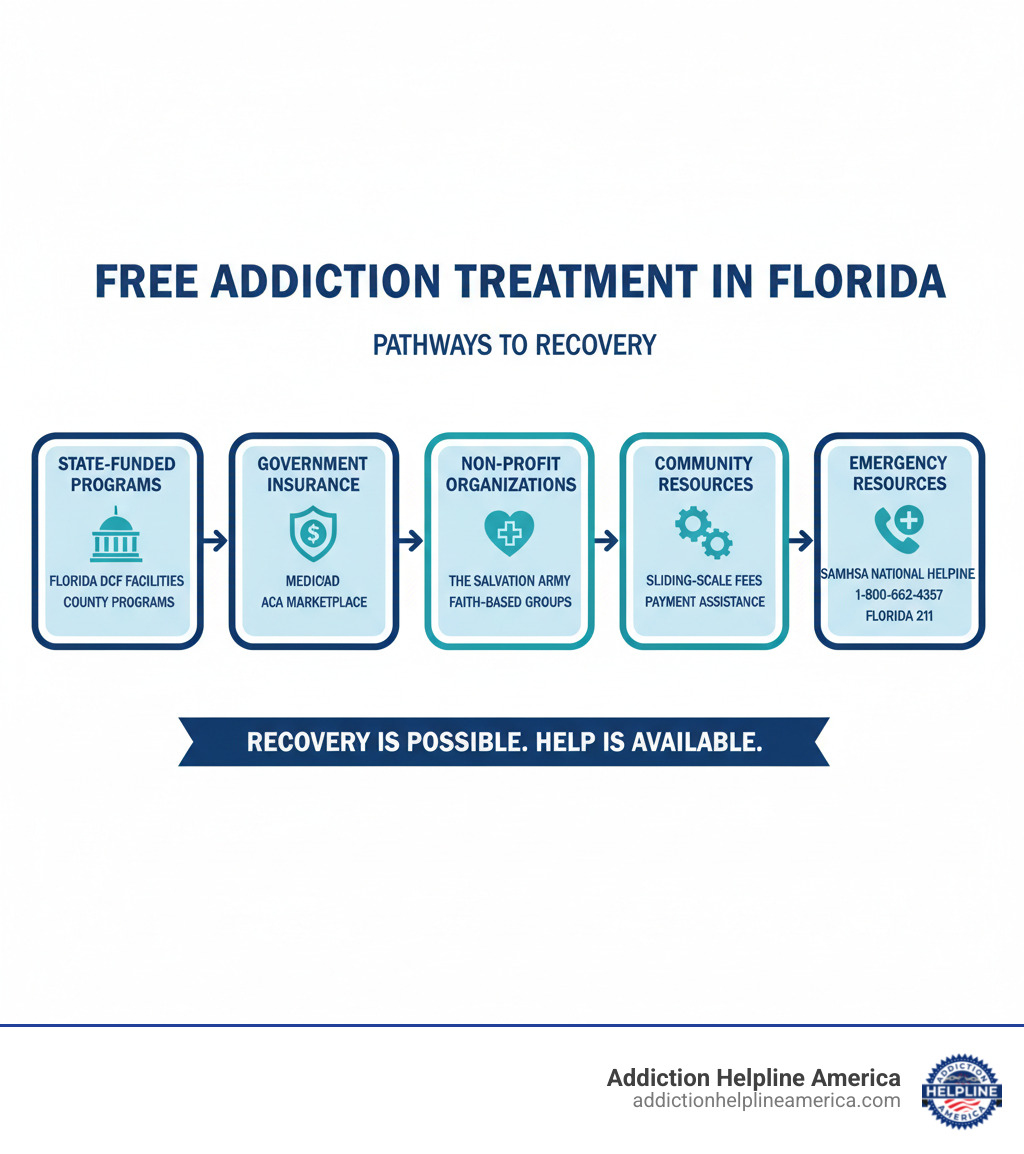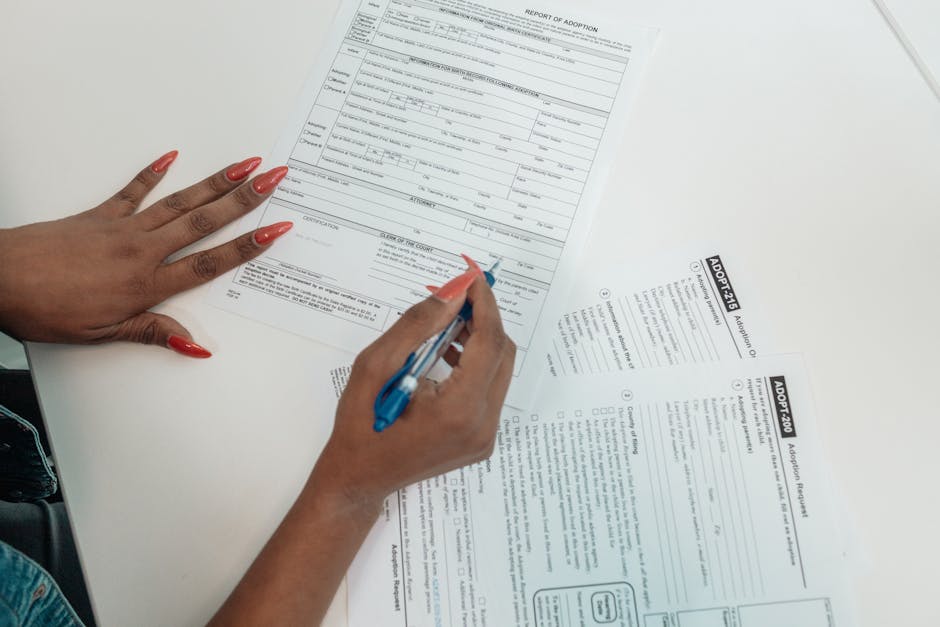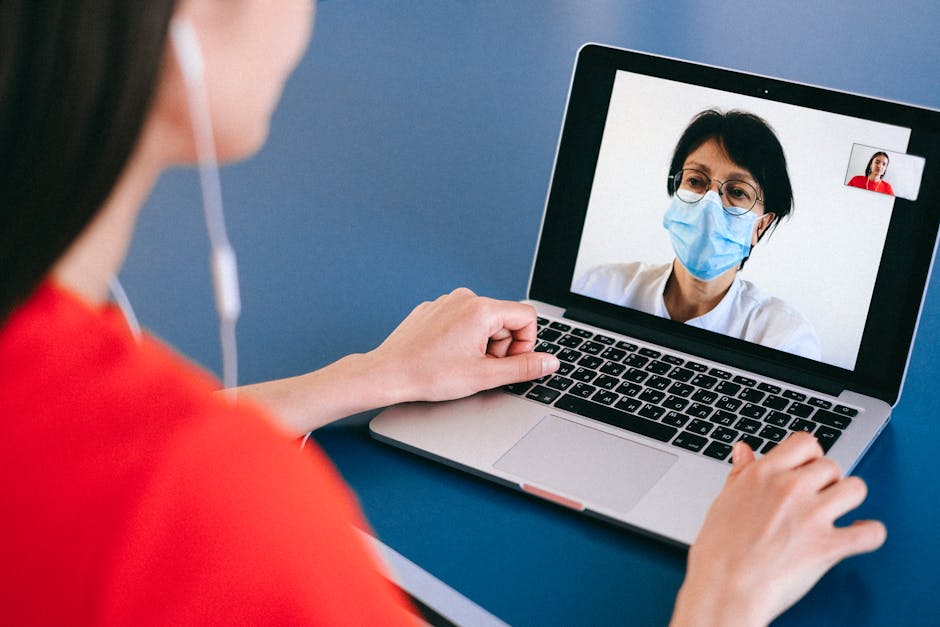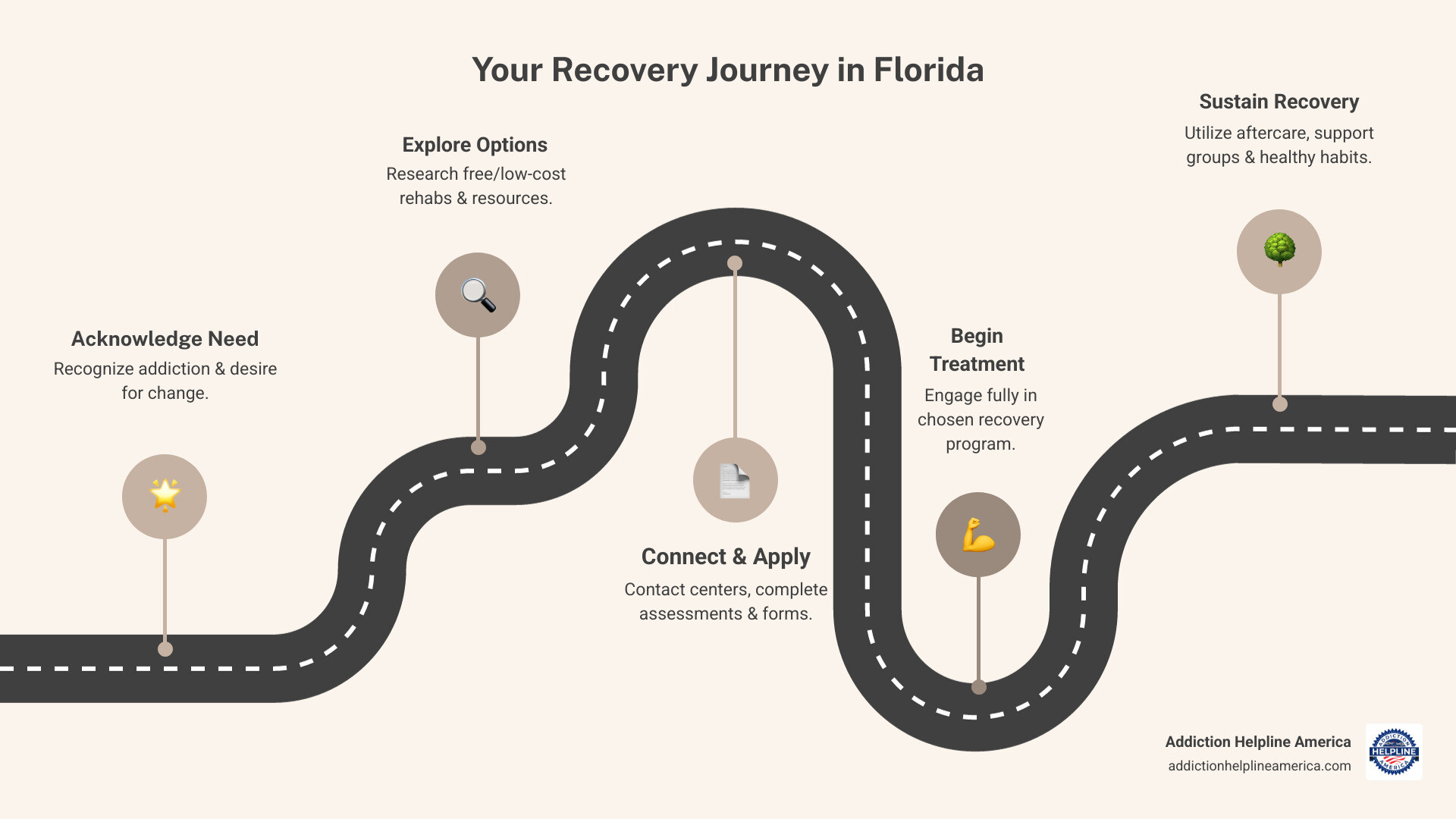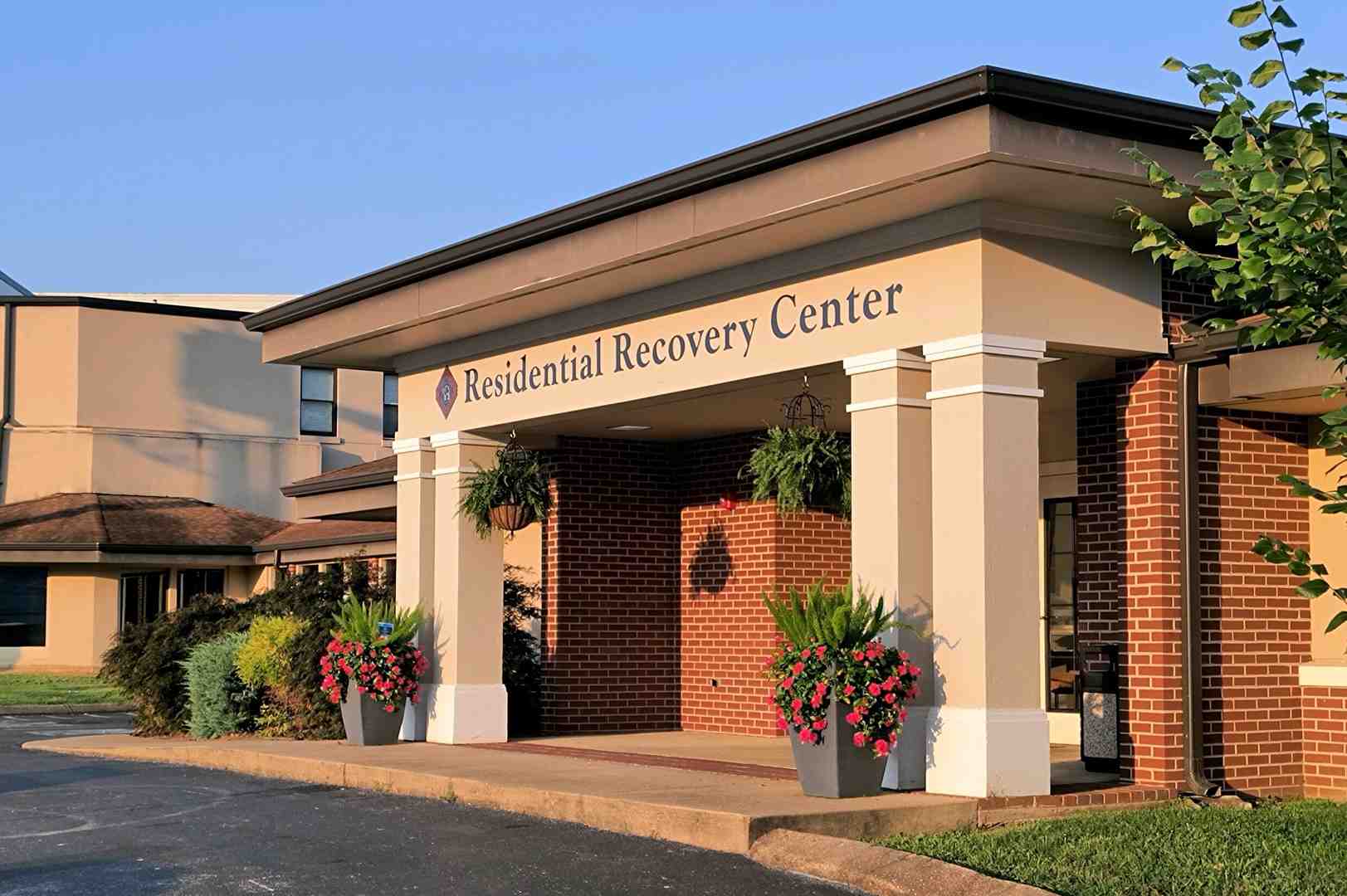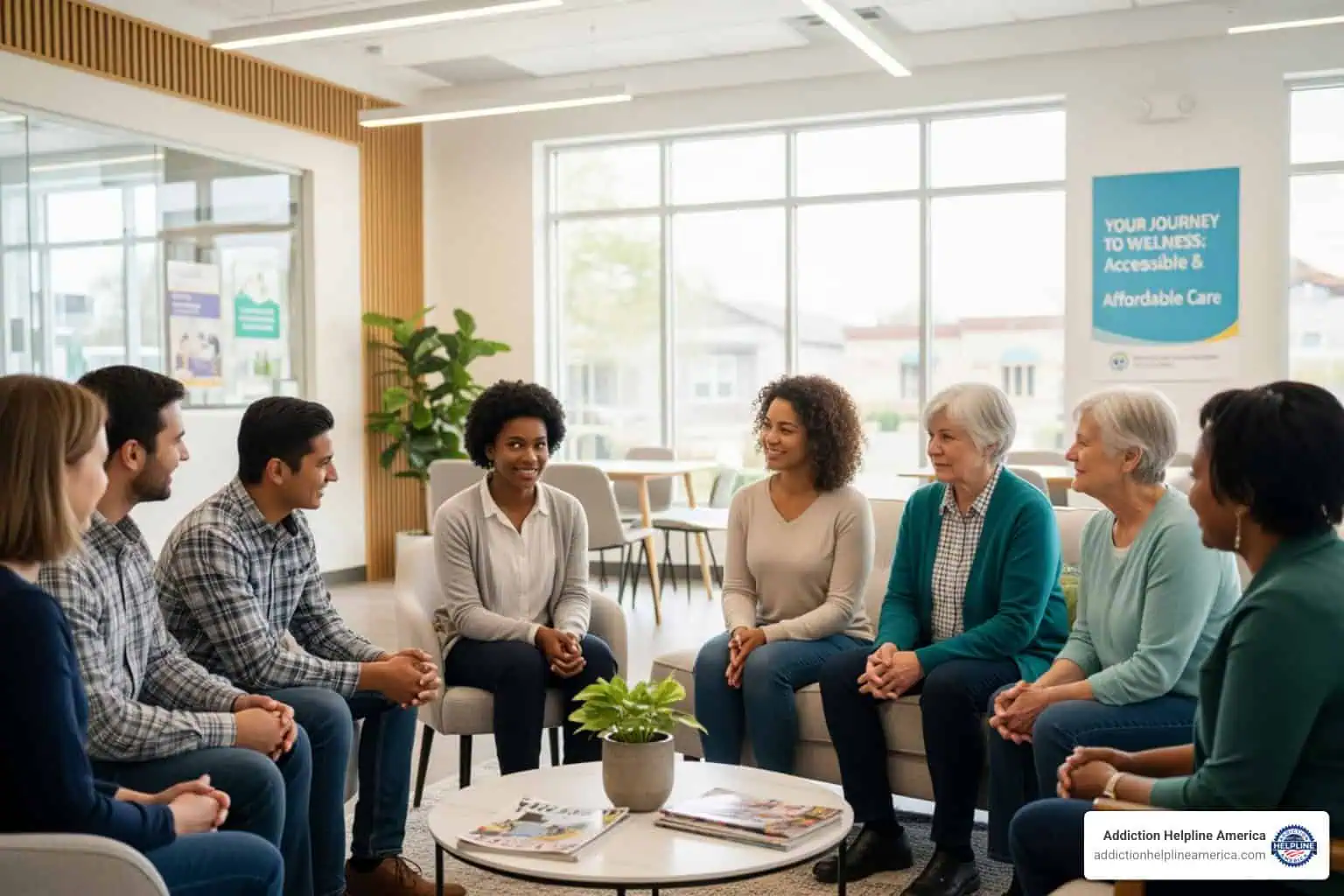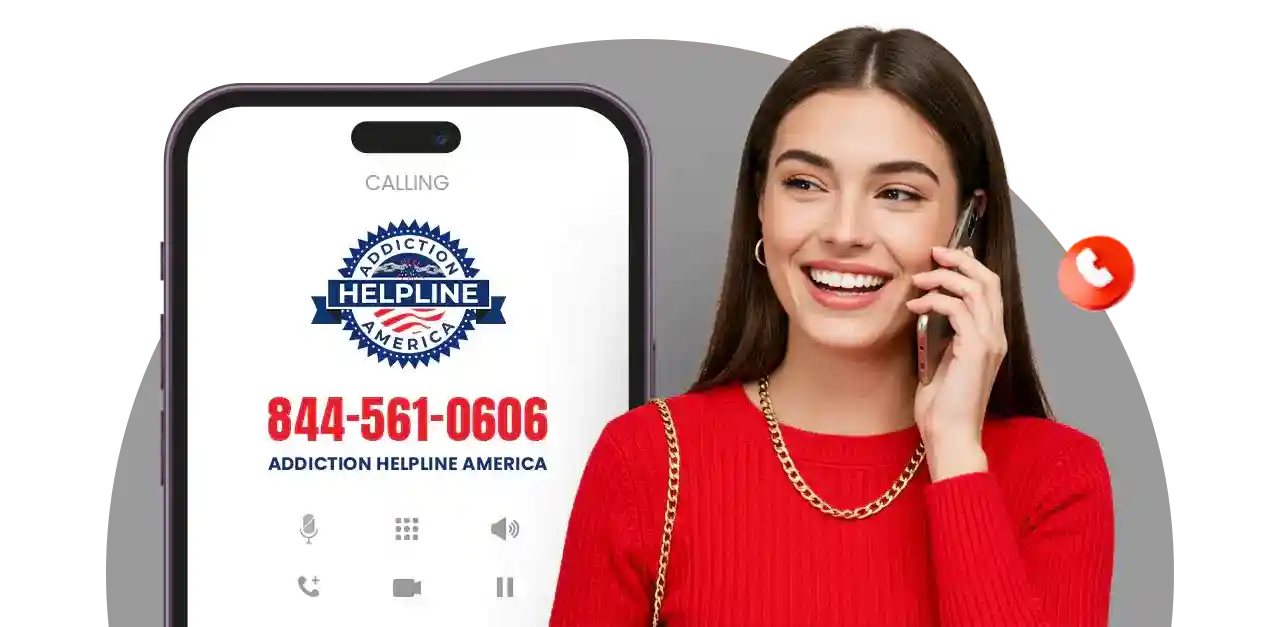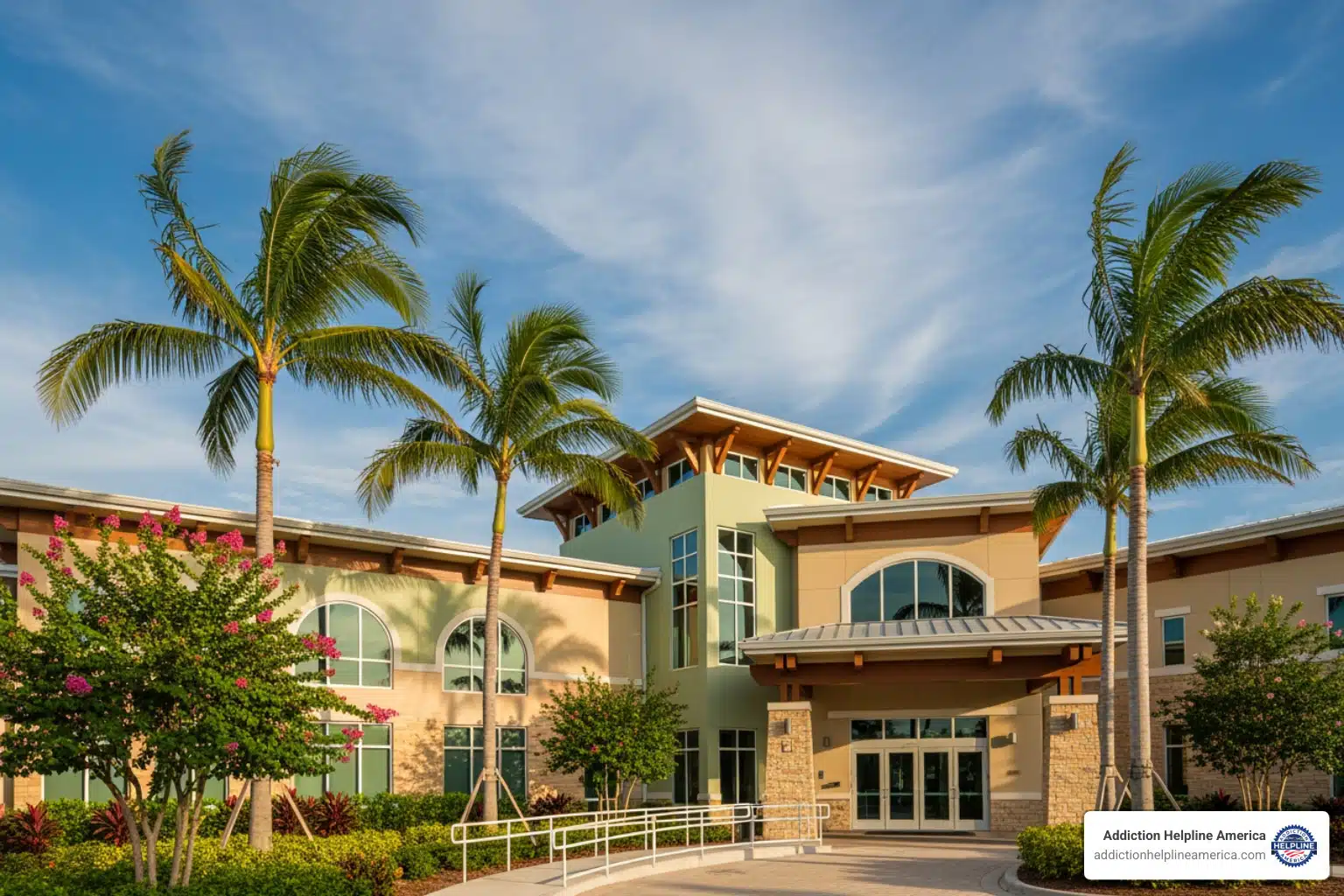
Understanding Your Options for Addiction Treatment Without Breaking the Bank
Are there any free drug rehab centers in florida? Yes. The financial burden of addiction treatment prevents many Floridians from getting help, with research showing that almost 25% of individuals who needed treatment but didn’t get it cited cost or lack of insurance as the reason. However, cost does not have to be a barrier to recovery in Florida.
Quick Answer: You can access free rehab by contacting the Florida Department of Children and Families, calling SAMHSA’s National Helpline at 1-800-662-4357, or using online treatment locators. Eligibility typically requires proof of Florida residency, low income, and lack of insurance.
Florida has a network of free and low-cost treatment options funded by government grants, non-profits, and faith-based groups. These programs offer a full range of services, from medical detox to counseling and aftercare. The main challenge isn’t a lack of options, but knowing how to find and access them.
Florida offers multiple pathways to free or low-cost addiction treatment, including:
- State-funded rehab programs via the Florida Department of Children and Families
- Non-profit and faith-based organizations like The Salvation Army
- Government insurance programs like Medicaid and Medicare
- Community health centers with sliding-scale fees
- County-funded treatment facilities
At Addiction Helpline America, we specialize in helping individuals and families steer the landscape of affordable addiction treatment in Florida. With the right guidance, recovery is possible for everyone, and we’re here to help you find the path that fits your situation.
Simple guide to are there any free drug rehab centers in florida terms:
- Prescription Drugs Treatment
- Top Alcohol & Drug Rehab Centers in Los Angeles, California
- cocaine addiction recovery
Are There Any Free Drug Rehab Centers in Florida and How Can You Find Them?
Yes, there are free drug rehab centers in Florida, and the key is knowing where to look. Finding these programs requires some effort, but the state provides multiple pathways to free or low-cost treatment.
Types of Free and Low-Cost Programs and How to Find Them
When people ask about free rehab, they’re often surprised by the variety of programs available. Each has a different funding model, but all aim to make recovery accessible.
- State and County-Funded Programs: The Florida Department of Children and Families (DCF) oversees and funds facilities that offer free or low-cost treatment to eligible residents. A helpful resource from the FL DCF lists state mental health treatment facilities that often address substance use. County health departments also fund local programs custom to community needs.
- Non-Profit and Charitable Organizations: Groups like The Salvation Army and other foundations operate rehab centers or offer financial aid. They rely on donations and grants to provide services, focusing on their mission rather than profit.
- Faith-Based Groups: Many religious organizations offer free or low-cost rehabilitation, often integrating spiritual guidance with recovery principles. These programs are typically open to people of all backgrounds.
- Government Grants: Organizations like the Substance Abuse and Mental Health Services Administration (SAMHSA) provide grants to fund Florida’s treatment network. These funds help expand access to care across the state.
- Community Support Groups: Free, peer-led groups like Alcoholics Anonymous (AA), Narcotics Anonymous (NA), and SMART Recovery are crucial for long-term recovery. They offer encouragement and accountability at no cost.
- Sliding-Scale Fees and Payment Assistance: Many non-profits and community clinics adjust their fees based on your income. For those with very low income, treatment can be effectively free. Always ask facilities about payment plans or financial aid.
Using Online Directories and Helplines
Navigating treatment options can be overwhelming. Online tools and helplines simplify the process.
- Addiction Helpline America: Our Addiction Helpline America’s treatment locator tool is designed to connect you with suitable options based on your needs and location. We provide free, confidential guidance to help you find the right program.
- National Helplines and Directories: SAMHSA’s National Helpline (1-800-662-HELP (4357)) offers 24/7 confidential referrals. Their online treatment locator allows you to filter by location, services, and payment options, including free or sliding-scale facilities.
- Local Resources: Your local health department or community mental health centers can provide direct referrals to programs in your area. We’ve helped individuals find options in cities like Miami FL and Jacksonville FL.
The key is to be proactive. Make calls, explore websites, and ask about every financial aid option. Help is available, and recovery doesn’t have to depend on your finances.
Qualifying for and Navigating Free Rehab in Florida
Finding are there any free drug rehab centers in florida is the first step; the next is qualifying. While there is paperwork, thousands of Floridians successfully access free treatment every year. With preparation, you can too.
What are the eligibility requirements for free drug rehab centers in Florida?
Free rehab centers must prioritize resources for those most in need. Common eligibility criteria include:
- Income Level: These programs are for people with little to no income. You’ll need to provide proof, such as pay stubs, tax returns, or public assistance documentation.
- Florida Residency: State and county-funded programs require proof of residency, like a Florida ID, utility bill, or lease agreement.
- Citizenship Status: Government-funded programs usually require proof of U.S. citizenship or legal residency.
- Insurance Status: These programs are designed for the uninsured or underinsured. You may need to show you have no insurance or that your plan doesn’t cover rehab.
- Priority Populations: To address urgent public health needs, priority is often given to pregnant women, parents with dependent children, and individuals with co-occurring mental health disorders.
- Addiction Assessment: A clinical assessment will determine the severity of your addiction to ensure the program is a good fit. Honesty is crucial for matching you with the right care.
The Application Process and Potential Waitlists
The application process typically involves a few key steps:
- Initial Contact: Call the facility or use their online form. Be honest about your situation and ask about their free programs.
- Intake Assessment: A pre-screening, often by phone, will cover your substance use history, financial status, and health to determine basic eligibility.
- Documentation: Gather your proof of residency, income, and identification. If you were denied insurance coverage, bring the denial letter.
- Formal Application: Complete the facility’s application forms thoroughly to avoid delays.
Waiting lists are a common challenge due to high demand. However, waiting doesn’t mean doing nothing. If you’re on a list:
- Apply to multiple facilities to increase your chances.
- Attend free support groups like AA, NA, or SMART Recovery.
- Call the SAMHSA National Helpline (1-800-662-4357) for other resources.
- Stay in touch with the facilities where you’ve applied.
Persistence is key. A waiting list is a “not yet,” not a “no.”
Potential Drawbacks and Limitations
Free rehab programs are life-saving but have limitations compared to private facilities.
- Basic Amenities: Expect shared rooms and simple meals. The focus is on effective treatment, not luxury.
- Standardized Treatment: Plans may be less customized due to high demand, but they use proven, evidence-based methods.
- Higher Staff-to-Patient Ratios: You may have less one-on-one time with counselors, making group therapy a central component.
- Wait Times: The delay before admission can be the biggest hurdle. Use the time to engage with other recovery resources.
- Location: The facility that accepts you may not be in your hometown, which can sometimes be a benefit by removing you from triggers.
Despite these limitations, these programs offer a real path to sobriety. If you feel overwhelmed, contact Addiction Helpline America. We can help you find facilities like West Care Turning Point Saint Petersburg FL and steer the process.
What Services and Alternatives Are Available?
Comprehensive addiction treatment, even when free, should offer a “continuum of care” to support you through every stage of recovery. Understanding the available services and alternatives is key to finding the right path.
What services are typically included in free drug rehab centers in Florida?
Free does not mean less effective. These programs provide essential, evidence-based services for lasting recovery.
- Medical Detoxification: For physical dependence, medically supervised detox is often the first step. Professionals monitor your health and manage withdrawal symptoms to ensure safety.
- Residential/Inpatient Care: You live at the facility 24/7 in a structured, supportive environment away from triggers. Stays can range from 30 to 90 days or more, depending on your needs.
- Outpatient Programs: This flexible option allows you to attend therapy while living at home. It’s ideal for those with strong support systems or who are transitioning from inpatient care.
- Group and Individual Counseling: Group therapy provides peer support, while individual counseling offers one-on-one time to address personal issues underlying addiction, such as trauma or co-occurring mental health conditions.
- Relapse Prevention and Aftercare: You’ll learn to identify triggers, develop coping skills, and create a plan for maintaining sobriety. Staff will help connect you with support groups, sober living, or ongoing therapy before you leave.
You can explore specific services in different areas, such as treatment options in Rockledge, Florida, through our directory.
Government Programs That May Help Cover Rehab Costs
Several government programs can eliminate or drastically reduce treatment costs:
- Florida Medicaid: This state and federally funded program provides healthcare coverage for low-income individuals and families, including substance use disorder treatment. You can check your eligibility and apply through Benefits.gov.
- Medicare: For those 65 or older or with certain disabilities, Medicare covers many aspects of addiction treatment, including inpatient and outpatient services.
- The Affordable Care Act (ACA): The ACA mandates that all marketplace health insurance plans cover addiction treatment as an essential health benefit.
- VA Benefits: Veterans and active military members can access comprehensive substance use treatment through VA medical centers. You can find information on programs like those for substance abuse treatment in Pensacola, FL.
Alternatives If You Don’t Qualify for Free Rehab
If you don’t qualify for free rehab, other affordable options exist:
- Sliding-Scale Payments: Many non-profits and community centers adjust fees based on your income, making treatment affordable even if it’s not free.
- Private Health Insurance: Under the ACA, your insurance must cover mental health and substance use treatment. Verify your benefits with the treatment center.
- Rehab Scholarships and Grants: Non-profits and some treatment centers offer financial aid to cover treatment costs for those in need.
- Financing Options: Some centers offer in-house payment plans, and third-party lenders specialize in healthcare loans.
- Telehealth and Online Therapy: Virtual treatment is often more affordable and flexible. You can learn more about online therapy and support through our resources.
- Employee Assistance Programs (EAPs): Check if your employer offers an EAP, which may provide free counseling and referrals.
Frequently Asked Questions about Free Rehab in Florida
Taking the first step toward recovery raises many questions. Here are answers to some of the most common concerns we hear at Addiction Helpline America about are there any free drug rehab centers in florida.
Do all rehab programs in Florida accept Medicaid?
No, not every rehab accepts Medicaid, but a significant and growing number do. The Affordable Care Act (ACA) requires Medicaid plans to cover substance use disorder treatment, which has opened doors for many Floridians.
To find out if a facility accepts your plan, verify directly with the treatment center. They can confirm your coverage and explain any potential co-payments. Don’t assume a facility doesn’t accept Medicaid; always ask. We can help you find centers like West Care Turning Point Saint Petersburg FL that work with government insurance.
How long is a typical stay in a free rehab program?
The length of stay is custom to your individual needs. A clinical assessment will recommend a duration based on factors like the severity of your addiction and any co-occurring mental health disorders.
Many programs start with a 30-day intensive phase, but research shows that longer treatment (60 or 90 days) often leads to better long-term outcomes. The goal is to provide enough time to build a solid foundation for sobriety. Your progress will help determine when you are ready to transition to a lower level of care.
What is the difference between inpatient and outpatient treatment?
Choosing between inpatient and outpatient care depends on your specific situation. Both are effective when matched to the right person.
-
Inpatient (Residential) Treatment: You live at the facility 24/7 in a highly structured, supervised environment. This immersive approach removes you from outside triggers and is ideal for severe addiction, an unsupportive home environment, or co-occurring disorders.
-
Outpatient Treatment: You live at home and attend scheduled therapy sessions. This flexible option allows you to maintain work, school, or family duties. It works well for milder addictions, as a step-down from inpatient care, or for those with a strong support system. Outpatient care ranges from intensive programs (several hours a day) to standard weekly therapy, including accessible teletherapy options.
An assessment will help determine the appropriate level of care for you. Many people progress from inpatient to outpatient treatment as part of their recovery journey.
Your Path to Recovery in Florida Starts Today
The journey to recovery is a courageous step. We’ve answered the critical question: are there any free drug rehab centers in florida? The answer is a clear yes. Cost should never stop you from getting the help you deserve.
Recovery is possible, regardless of your financial situation. Florida has a strong network of free and low-cost rehab centers supported by state funding, non-profits, and government programs like Medicaid. While accessing these resources may require persistence, they offer proven, life-saving treatment, from detox to aftercare. These programs work, and they have helped thousands of Floridians reclaim their lives.
At Addiction Helpline America, our mission is to provide free, confidential guidance to connect you with the right resources. We understand the challenges of finding affordable care and are here to help you steer your options.
The treatment gap is real, but so are the bridges across it. Don’t let another day pass in the shadow of addiction. Your path to a healthier life can begin now. Take the first step. Reach out to us, the SAMHSA National Helpline at 1-800-662-4357, or a local facility today. Your future is worth the call.
Ready to explore your options? Let us help you find the right drug and substance abuse treatment program for you in Florida. We’re ready to help you start your journey to recovery today.
Our helpline is 100%
free & confidential
If you or someone you care about is struggling with drug or alcohol addiction, we can help you explore your recovery options. Don’t face this challenge alone—seek support from us.
Programs
Resources
Will my insurance
cover addiction
treatment?
We're ready to help
Find the best
drug or alcohol treatment
center
Are you or a loved one struggling with addiction? Call today to speak to a treatment expert.

